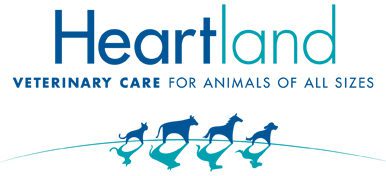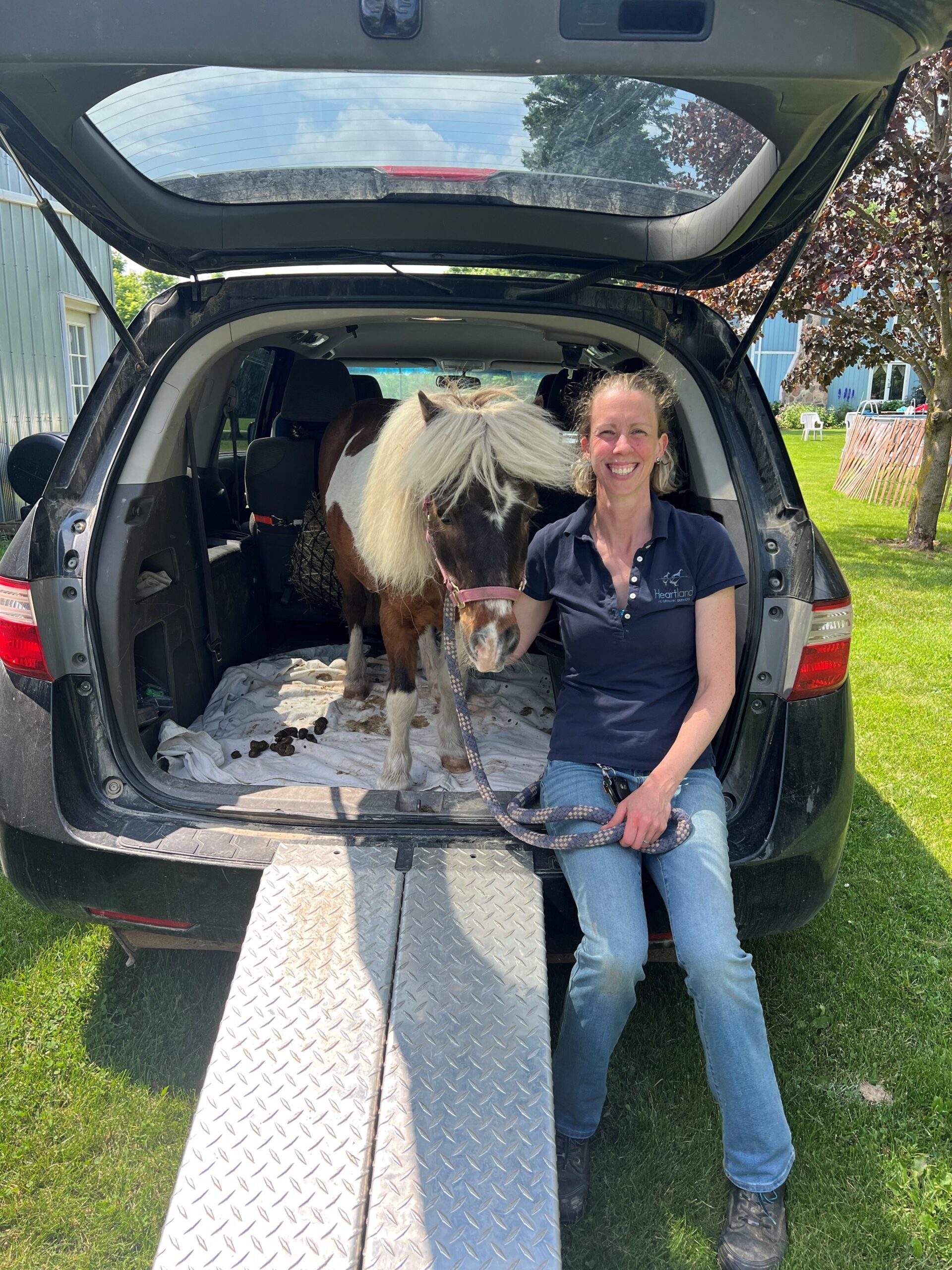Equine Veterinary Services
Equine
Services Offered
We provide Equine Services to Midwestern Ontario from our offices in Listowel and Mount Forest. Heartland Animal Hospital and Veterinary Services offers many different services for equines. See some of the services below or contact us for more information.
Equine Reproduction
- Breeding soundness examination
- Estrus synchronization
- Ultrasound examination for heat detection and pregnancy diagnosis
- Artificial insemination with fresh chilled semen
- Post-breeding evaluation and therapies (uterine flush/treatment)
- Dealing with the infertile mare (uterine culture/cytology)
- Hormone analysis and supplementation protocols
- Pre- and post-foaling preventative health care
- Foaling assistance
- Neonatal care
- Foal and weanling management programs
- 24-hour emergency service
Equine Dentistry
For adult horses, a dental exam is recommended every year as part of the annual wellness exam. Younger horses, senior horses, performance horses, and those with pre-existing dental issues may require more frequent exams. Dental exams and dental floats are performed under light sedation with a variety of specialized dental instruments, including a full mouth speculum, a bright light source, a battery-operated Powerfloat, and hand floats as needed.
Equine General Herd Health
Parasites are very common in horses and are transmitted primarily through grazing and pastures. Parasites can cause numerous health issues, including weight loss, ill-thrift, diarrhea, colic, and, in severe cases, death. We encourage the use of fecal egg counts along with pasture management and judicious use of conventional deworming medications to address the emerging resistance issues amongst equine parasites.
Nutrition is important, whether for young, growing foals or to support the health and well-being of your senior horse. Our veterinarians will help you make feeding decisions to complement your management situation and help you to reach your performance goals.
Vaccination is an important part of your horse’s preventative health care program. Routine vaccination of all horses against Rabies, Tetanus, Eastern Equine Encephalitis (EEE), Western Equine Encephalitis (WEE), and West Nile Virus is recommended on a yearly basis. Protection with additional vaccinations may be considered based on an individual horse’s lifestyle or risk assessment. Additional vaccines offered include Equine Influenza, Rhinopneumonitis, Strangles, and Potomac Horse Fever.
If you intend to travel with your horse to other parts of the country or into the USA, please consult with our veterinarians about the disease risk for that particular region. Additional vaccinations may be required to keep your equine companion healthy and performing well.
Equine Diagnostic Imaging
Digital radiography is ideal for imaging bones and joints. With the assistance of a veterinary technician, we can image your horse in the comfort of his or her own barn. Our digital system is ideal for imaging the limbs, skull, and teeth. These images are then evaluated by our veterinarians so that a diagnosis and individualized treatment plan can be implemented for your horse.
Digital ultrasound is ideal for imaging soft-tissue structures. Like our digital radiography unit, our digital ultrasound machines are portable, and ultrasound imaging can be performed on-farm. For lameness evaluation, we can image tendons, ligaments, and joint capsules. To assist with the diagnosis of respiratory conditions and colic, ultrasound is a useful tool for the superficial abdominal structures and the lungs. Finally, ultrasound is the imaging modality of choice for breeding soundness exams, heat detection, and pregnancy diagnosis.
Upper airway endoscopy is utilized to evaluate for health conditions and functional issues affecting the nasal passages, larynx, pharynx, and upper trachea (windpipe). Upper airway endoscopy can be performed on-farm in a horse at rest and/or following vigorous exercise to better evaluate dynamic structures like the larynx.


